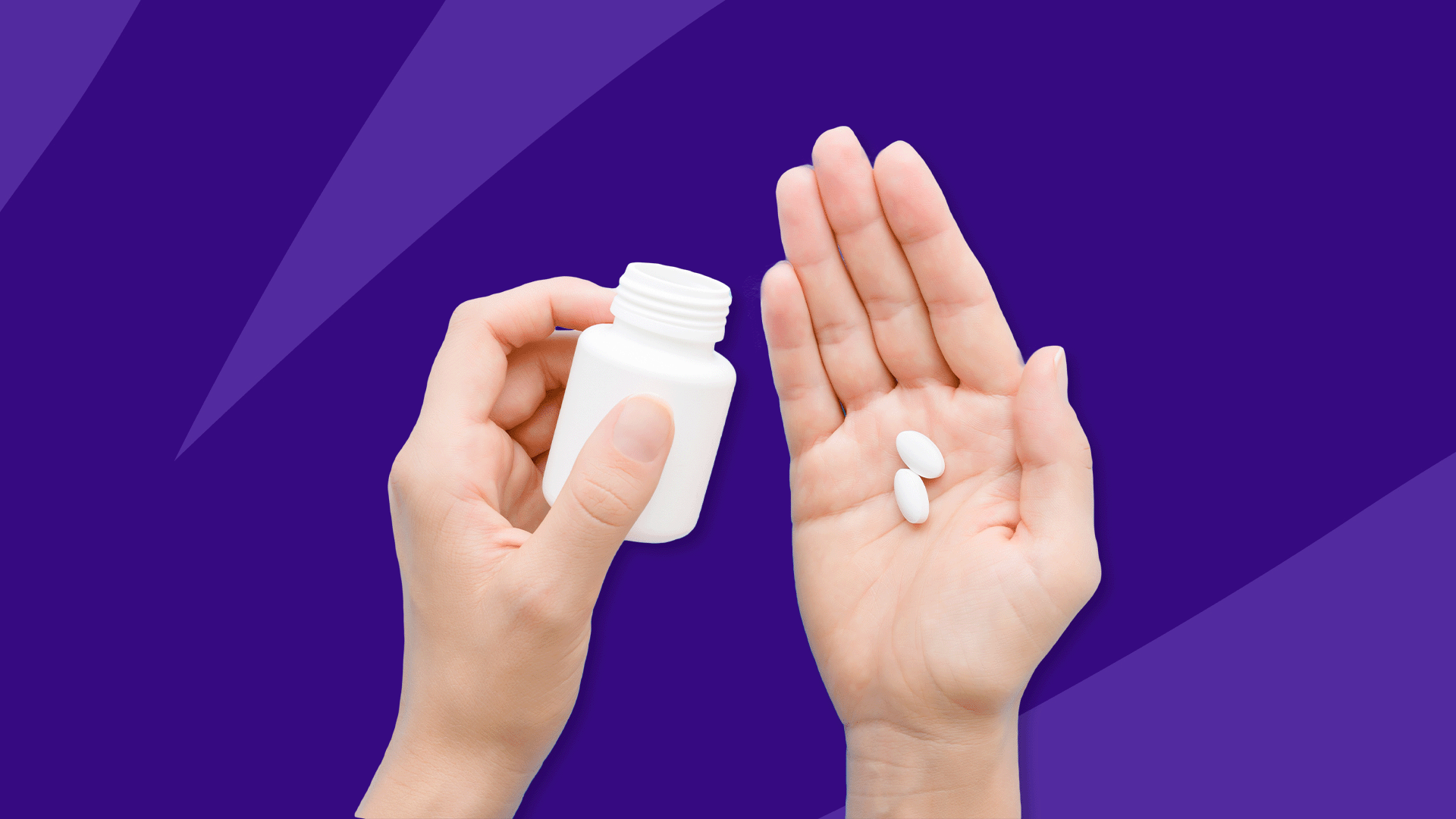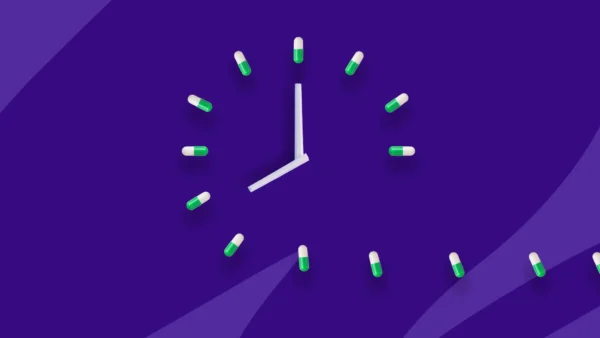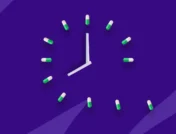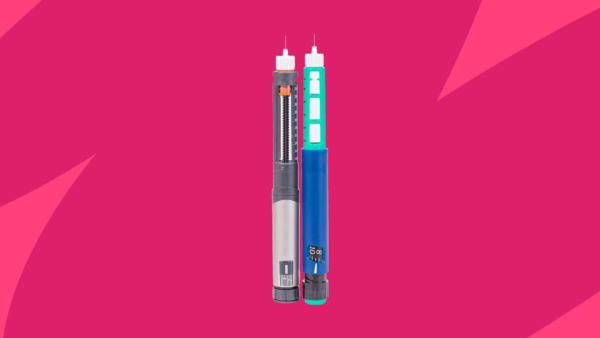Compare Latuda alternatives | Abilify | Seroquel | Zyprexa | Risperdal | Vraylar | Natural alternatives | How to switch meds
Latuda is a brand-name prescription drug used to treat schizophrenia in adults and adolescents and depressive episodes associated with bipolar I disorder in adults and children. It can also be used together with lithium or valproate to treat bipolar depression in adults. Lurasidone, the active ingredient in Latuda, belongs to a class of medications called atypical antipsychotics, also known as second-generation antipsychotics. These medicines are thought to work by balancing levels of dopamine and serotonin, chemical messengers in the brain that regulate emotions.
Latuda is effective in improving behavior and mood, but it may not work the same for everyone. Some people may experience serious side effects such as extrapyramidal symptoms (EPS), which are movement disorders that can include involuntary body movements (tardive dyskinesia) and restlessness (akathisia). Other disadvantages of Latuda include drug interactions with many anti-infective medications such as ketoconazole, an antifungal. Fortunately, there are alternative drug treatments and natural products available for patients with schizophrenia and bipolar disorder.
What can I take in place of Latuda?
There are many medications like Latuda. These alternative prescription drugs include other atypical antipsychotics that may differ in their indications, side effect profiles, and dosages. A healthcare provider can determine the best treatment option for each individual.
Compare Latuda alternatives |
|||
|---|---|---|---|
| Drug name | Uses | Dosage | Savings options |
| Latuda (lurasidone) | Schizophrenia, bipolar depression | 20-40 mg once daily | Latuda coupons |
| Abilify (aripiprazole) | Schizophrenia, bipolar disorder, depression, autism, Tourette’s disorder | 10-15 mg once daily for schizophrenia and bipolar disorder; 2 mg once daily for depression, autism, and Tourette’s disorder | Abilify coupons |
| Clozaril (clozapine) | Treatment-resistant schizophrenia | Starting dose is 12.5 mg once or twice daily and gradually increased | Clozaril coupons |
| Geodon (ziprasidone) | Schizophrenia, bipolar disorder | 20-40 mg twice daily | Geodon coupons |
| Invega (paliperidone) | Schizophrenia | 3-6 mg once daily | Invega coupons |
| Rexulti (brexpiprazole) | Schizophrenia, depression | 2-4 mg once daily | Rexulti coupons |
| Risperdal (risperidone) | Schizophrenia, bipolar disorder, autism | Starting dose is 0.5-2 mg per day for schizophrenia and bipolar disorder | Risperdal coupons |
| Saphris (asenapine) | Schizophrenia, bipolar disorder | 5-10 mg twice daily sublingually | Saphris coupons |
| Seroquel (quetiapine) | Schizophrenia, bipolar disorder, depression | Starting dose is 25 mg twice daily and gradually increased | Seroquel coupons |
| Vraylar (cariprazine) | Schizophrenia, bipolar disorder | 1.5-6 mg once daily | Vraylar coupons |
| Zyprexa (olanzapine) | Schizophrenia, bipolar disorder, treatment-resistant depression | 5-20 mg once daily | Zyprexa coupons |
Other alternatives to Latuda
- Abilify Maintena (aripiprazole injection)
- Aristada (aripiprazole lauroxil injection)
- Fanapt (iloperidone)
- Invega Sustenna (paliperidone injection)
- Risperdal Consta (risperidone injection)
- Seroquel XR (quetiapine extended release)
- Zyprexa Zydis (olanzapine orally disintegrating tablet)
- Zyprexa Relprevv (olanzapine injection)
Top 5 Latuda alternatives
1. Abilify
Abilify and Latuda are both atypical antipsychotics indicated for the treatment of schizophrenia and bipolar depression. Abilify is also approved by the Food and Drug Administration (FDA) to treat major depressive disorder, irritability associated with autism, Tourette’s disorder, and mixed and manic episodes associated with bipolar disorder. Unlike Latuda, Abilify is also available as an injection (brand names: Abilify Maintena and Aristada) given every four to eight weeks. Abilify and Latuda tablets are both taken orally once daily.
The common side effects of Abilify are like other atypical antipsychotics and include nausea, vomiting, constipation, headache, dizziness, akathisia, anxiety, and insomnia. Abilify and Latuda both have a black box warning for increased risk of death in elderly patients with dementia-related psychosis and for suicidal thoughts in children, adolescents, and young adults.
RELATED: Latuda vs. Abilify
2. Seroquel
Seroquel is an atypical antipsychotic medication used to treat schizophrenia, bipolar disorder, and major depressive disorder. While Latuda is indicated for use in patients with bipolar depression, Seroquel can also treat bipolar mania. Seroquel is available in two formulations: an immediate-release version that requires twice daily dosing and an extended-release version that can be taken once daily.
Compared to Latuda, Seroquel has a lower risk of causing extrapyramidal symptoms such as tremors, muscle stiffness, restlessness, irregular movements, and rigidity. However, Seroquel is more likely to have metabolic side effects of weight gain, high cholesterol, and high blood sugar. Seroquel has also been shown to cause dizziness, drowsiness, and low blood pressure when rising from a seated or lying position.
RELATED: Latuda vs. Seroquel | Abilify vs. Seroquel
3. Zyprexa
Zyprexa is another atypical antipsychotic that is an alternative to Latuda. The FDA has approved Zyprexa for schizophrenia and bipolar disorder. Zyprexa can also be used for treatment-resistant depression and bipolar depression only in combination with Prozac (fluoxetine), an antidepressant medication. Two other dosage forms are available for Zyprexa: Zyprexa Zydis, an orally disintegrating tablet, and Zyprexa Relprevv, a long-acting injection. Like Latuda, Zyprexa tablets are taken once daily.
One of the most common side effects of Zyprexa is weight gain due to increased appetite. Other adverse effects include increases in blood sugar and cholesterol. Patients who take Zyprexa may need to be monitored more frequently for changes in their blood sugar and cholesterol levels. Latuda is associated with less weight gain and metabolic effects compared to Zyprexa.
4. Risperdal
Risperdal belongs to the same drug class as Latuda and treats the same conditions, but Risperdal has additional indications for bipolar mania and irritability associated with autism. There are also non-FDA-approved but “off-label” uses for Risperdal, including as a treatment for other mental illnesses such as major depression. Risperdal Consta is the brand name for risperidone injection and is given every two weeks, while Risperdal tablets are taken once or twice daily.
Like Latuda, Risperdal also causes extrapyramidal symptoms. These movement disorders are associated with high doses of Risperdal but can also appear after long-term treatment at moderate or low doses. High levels of a hormone called prolactin are another unique side effect of Risperdal. Elevated prolactin can result in missed or late menstrual periods in women and gynecomastia, or enlargement of male breasts, in men.
5. Vraylar
Another Latuda alternative is Vraylar. Vraylar is a newer atypical antipsychotic and was approved by the FDA in 2015 as a once-daily treatment for schizophrenia and depressive and manic episodes associated with bipolar disorder. Vraylar is usually started at a low dose of 1.5 mg and increased based on patient response.
Extrapyramidal symptoms such as akathisia are common with both Vraylar and Latuda. However, these two medications are less likely to cause weight gain compared to other antipsychotics. Vraylar also has a long half-life, meaning that it stays in the body for a long time. Because of these lasting effects, Vraylar side effects may appear several weeks after starting the medication and should be monitored closely.
Natural alternatives to Latuda
Natural remedies cannot be used in place of prescription antipsychotics in patients who require them. However, natural products can improve symptoms of schizophrenia and bipolar disorder when used alongside prescribed treatments.
Natural alternatives to Latuda include the following supplements, lifestyle changes, and therapies:
- Omega-3 fatty acids: Fish oils containing omega-3 fatty acids are beneficial for many mental health conditions. In a clinical trial, patients with bipolar disorder who received omega-3 supplements for three months had significantly less mania than the placebo group. Omega-3s have also been shown to improve psychosis symptoms and even prevent schizophrenia in young people at risk of developing the disorder.
- Exercise: Regular exercise has multiple mental health benefits. Studies in patients with schizophrenia have shown that exercise improves cognition, memory, and disease symptoms. Exercise can also help mitigate the weight gain side effects associated with many antipsychotic medications.
- Sleep: Poor sleep quality can result in worsening psychiatric symptoms. In patients with bipolar disorder, disturbed sleep can even trigger manic or depressive episodes. That’s why getting enough sleep is essential in managing mood and quality of life.
- Talk therapy: Cognitive behavioral therapy (CBT) is a type of talk therapy that helps patients identify negative thought patterns and behaviors. When used along with prescription antipsychotic medications, CBT can lessen the severity of bipolar or schizophrenia symptoms.
How to switch to a Latuda alternative
Consult with a healthcare provider before making the switch to a Latuda alternative. Patients should never stop taking Latuda without a doctor’s order because doing so can cause withdrawal symptoms such as involuntary movements, nausea, vomiting, diarrhea, and anxiety. Latuda withdrawal can be avoided by following a medication schedule that gradually decreases the dose over time. The prescribing provider can offer medical advice about alternative prescription and non-drug therapies that best suit each patient’s health needs. Latuda alternatives can differ in their costs, side effects, and dosage forms, so it’s especially important for patients to tell the provider about any dosing preferences. If a medication is not covered by your insurance plan or is covered but still remains expensive, you can use SingleCare coupons at your local pharmacy, which are available for Latuda and its alternatives.











